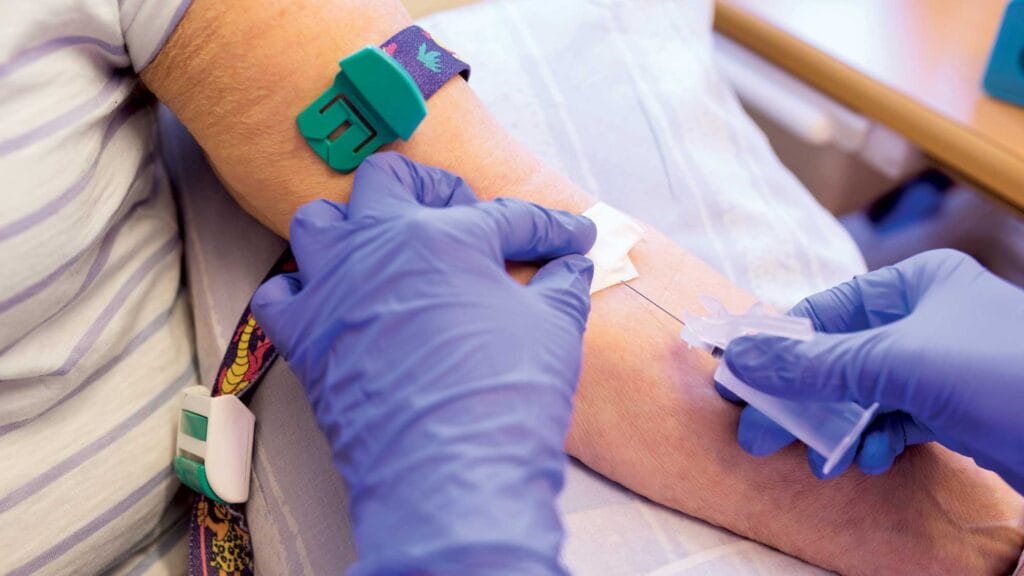
Protecting older adults recovering from heart surgery could be as easy as painting a fence in the near future, according to researchers.
Surgeries involving vein grafts, such as coronary bypass, can prolong lives, but seniors who undergo the operation often have complications or need to be re-hospitalized to address new blockages.
A new method allows surgeons to brush nanomedicine along transplanted veins to prevent future clogging, the most common reason for heart bypass failure. The method also can be applied to vein transplant procedures for people on dialysis, the researchers said.
Such a procedure could become an important consideration for long-term care residents and their caregivers, as facilities try to reduce re-hospitalization rates. In addition, the treatment regimen for residents whose veins have been “painted” could be different from how senior care addresses post-acute care and surgeries today.
The technology, developed by experts at the University of Virginia School of Medicine, was named “epiNanopaint.”
The researchers were awarded $2.8 in grant funding from the National Institutes of Health to pursue the novel treatment option, the University announced last week.
“Coronary artery bypass grafting is already so disruptive to the patient’s normal life, and imagine the surgery has to be repeated when the graft fails,” lead researcher K. Craig Kent, MD, said in a statement. “Surgeons need an easy-to-use technology that enables them to just paint some protective nanoparticles onto grafts to keep the grafts functional so that repetitive surgeries become unnecessary.”
The nanopaint procedure contains particles that stick to the veins and contain medicine that would help prevent buildup of invasive cells, the researchers explained. In addition, future research could explore whether the nanopaint mix could also contain drugs to help prevent narrowing of the veins.
Overall, almost a million patients in the United States annually get surgeries that could benefit from the nanopaint technique, according to researchers.
Older adults make up almost three-fourths of coronary bypass surgery patients, and nearly 30% of assisted living residents have some form of heart disease. In addition, 85,000 dialysis patients are admitted to skilled nursing facilities annually.
Although the nanopaint technology is still in development, new monitoring tools could help seniors dealing with both heart and kidney problems, in both maintaining a high quality of life and preventing future emergencies, McKnight’s previously has reported.

